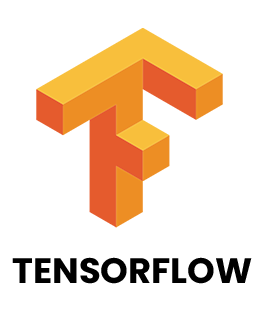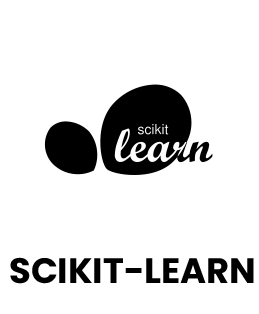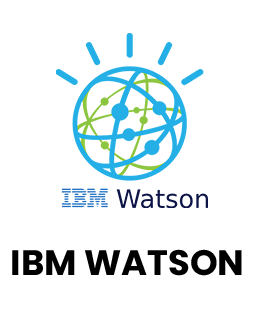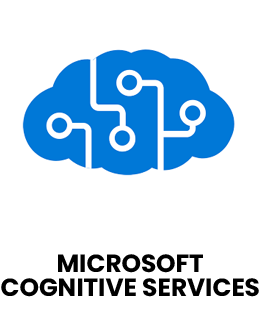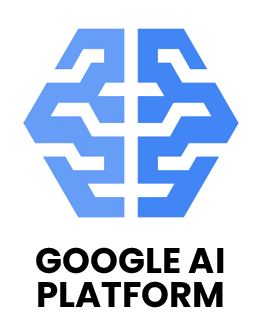Artificial intelligence (AI) Trainng in Brisbane distinct disciplines with overlapping methodologies but distinct goals. AI is a branch of computer science concerned with the creation and deployment of intelligent agents as computer programmes, as well as the understanding of their behaviour. The primary scientific goal of AI is to comprehend the fundamental principles of intelligent behaviour that apply to both animal and artificial systems. Almost all of the work is mathematical or computational in nature, and much of the literature is focused on techniques.
Cognitive science is an explicitly interdisciplinary field in which AI is joined by linguistics, philosophy, psychology, and subfields of other social and biological sciences. The overarching goal of cognitive science is to understand and model human intelligence by combining the findings and methodologies of the complementary disciplines. A wide range of techniques from the mathematical, behavioural, social, and biological sciences are used, as one would expect. In contrast to AI, cognitive science is defined by phenomena rather than methodology.
Additional Info
Introduction:
Artificial intelligence is a method of teaching a computer, a robot, or a product to think like a smart human. Artificial intelligence (AI) is the study of how the human brain thinks, learns, decides, and works when attempting to solve problems. Finally, this research produces intelligent software systems. AI's goal is to improve computer functions related to human knowledge, such as reasoning, learning, and problem-solving. AI is drawn to computer science in the fields of science, mathematics, psychology, linguistics, philosophy, and so on.
Reasoning, knowledge representation, planning, learning, natural language processing, realisation, and the ability to move and manipulate objects are the goals of AI research. The general intelligence sector has long-term objectives.Statistical methods, computational intelligence, and traditional coding AI are among the approaches. Many tools are used in AI research related to search and mathematical optimization, artificial neural networks, and methods based on statistics, probability, and economics.
Career path:
- In the last half-decade, there has been an increase in the number of AI job openings.
- If you have a data-driven mind and a desire to improve or transform existing systems, you are well suited to the AI world.
- With a few pioneers in almost every industry already dabbling in AI, the demand for AI-related jobs has never been higher.
- Understanding the job roles in the AI industry will help you better understand the career choices or education path you need to take to reach the top of the AI pyramid.
- The jobs are listed in no particular order or hierarchy, along with the artificial intelligence skills required.
- In the first part, you will go through an introduction to Artificial Intelligence, where you will learn the basics of AI and why AI is the most discussed topic in the world, why everyone wants to know about it, and why it is causing such a stir around the world.
Tools or Frameworks Involved in AI Course:
These are the tools or frameworks that an AI in Brisbane would use to create Artificial Intelligence:
- TensorFlow.
- Scikit-learn.
- MXNet is an Apache project.
- Cognitive Toolkit from Microsoft (CNTK).
- MLlib for Spark.
- PyTorch.
- Caffe.
- Theano.
- Keras.
- NumPy.
- SciPy.
Roles and Responsibilities:
Artificial Intelligence Specialists in Brisbane can work in a variety of roles, including:
- Scientists conducting research (responsible for designing, undertaking and analysing information).
- Software Developer (specialize in a few areas of development, such as networks, operating systems, databases or applications).
- C# programmer (capable of handling many aspects of developing an application, including but not limited to performance, scalability, security, testing, and more.).
- Information Security Engineers (assist in the protection of an organization's computer networks and systems).
- Manager of software development (playing a key role in the design, installation, testing and maintenance of software systems.).
- Java Programmer (specialised type of programmer who may collaborate with web developers and software engineers to integrate Java into business applications, software and websites.).
- Analyst for Software (studies the software application domain, prepares software requirements, and specification documents.).
Skills covered:
Advantages of AI Trainng:
Industry Trends:
1. Increased collaboration between the cloud and artificial intelligence:
- According to Rico Burnett, director of client innovation at legal services provider Exigent, AI will play a significant role in the widespread adoption of Cloud Solutions in 2021.
- It will be possible to monitor and manage cloud resources and the vast amount of available data by deploying artificial intelligence.
2. Artificial intelligence (AI) solutions for IT:
- In 2021, the number of AI solutions being developed for IT will increase.
- According to Capgemini's Simion, AI solutions that can detect common IT problems on their own and self-correct any minor malfunctions or issues will become more popular in the coming years.
- This reduces downtime and allows teams in an organisation to work on high-complexity projects while focusing on other things.
3. AIOps grows in popularity:
- The complexity of IT systems has grown in recent years.
- According to Forrester, vendors will want platform solutions that integrate more than one monitoring discipline, such as application, infrastructure, and networking.
- With AIOps solutions and improved data analysis, IT operations and other teams can improve their key processes, decision making, and tasks.
- Forrester advised IT leaders to look for AIOps providers who will enable cross-team collaboration by providing end-to-end digital experiences, data correlation, and integration of the IT operations management toolchain.
4. AI will aid in data structuring:
- More unstructured data will be structured in the future using natural language processing and machine learning processes.
- Organizations will use these technologies to generate data that RPA (robotic process automation) technology can use to automate transactional activity within an organisation.
- RPA is one of the software industry's fastest-growing segments.
- Its only limitation is that it can only use structured data.
- Unstructured data can be easily converted into structured data with the help of AI, which can provide a defined output.
5. Artificial intelligence talent will continue to be scarce:
- The availability of talent is expected to be a barrier to the adoption of artificial intelligence in 2021.
- There has been a persistent talent gap in AI, and organisations have finally recognised its potential.
- It is critical to close this gap and teach artificial intelligence to a larger group of people.
- In 2021, it is critical to ensure that a broader set of users has access to artificial intelligence to focus on technology, learning strategies, and supporting a change in the working environment.
6. Widespread AI adoption in the IT industry:
- The adoption of AI in the IT industry has been steadily increasing. Simion, on the other hand, predicts that organisations will begin to use AI in production and on a large scale.
- An organisation can obtain ROI in real-time by utilising artificial intelligence.
- This means that organisations' efforts will be rewarded.
7. The focus is on AI Ethics:
- Natalie Cartwright, co-founder and COO of Finn AI, an AI banking platform, predicts that by 2021, organisations will provide expertise on how to use artificial intelligence to address major global issues, stimulate innovation and economic growth, and ensure inclusion and diversity.
- Transparency of data and algorithm fairness are two of the issues that are gaining attention as AI ethics become more important to organisations.
8. Augmented processes are becoming more popular:
- When it comes to innovation and automation in 2021, artificial intelligence and data science will play a role.
- Data ecosystems are scalable, lean, and provide data to disparate sources in real time. However, it is necessary to lay the groundwork for adaptation and innovation.
- Companies will go a step further in optimising their augmented business and development processes, according to Ana Maloberti, a big data engineer at Globant.
S- oftware development processes can be optimised with Artificial Intelligence, and we can seek a broader collective intelligence and improved collaboration.
9. Artificial intelligence will become more understandable:
- Dave Lucas, senior director of product at customer data hub Tealium, says there will be a greater emphasis on explainability.
- As more data regulations are implemented, trust in AI will become increasingly important.
- To clearly understand and articulate how each characteristic contributes to the machine learning model's final prediction or result.
10. Intelligence Driven by Voice and Language:
- The increased use of remote working, particularly in customer service centres, has created a great opportunity to implement NLP or ASR (automated speech recognition) capabilities.
- According to ISG's Butterfield, less than 5% of all customer contacts are routinely checked for quality feedback.
- Because one-on-one coaching is unavailable, organisations can use artificial intelligence to perform routine quality checks on customer understanding and intent to ensure ongoing compliance.
- You should be interested in learning more about AI after reading these top powerful AI trends for 2021.
Payscale of AI Course in Brisbane:
1. Artificial intelligence experts can earn between £30,000 and £95,000 per year.
2. The median salary for a specialist in the United Kingdom was £62,500.
3. The amount can vary depending on a variety of factors.
4. In Brisbane, for example, it is not uncommon for Artificial Intelligence specialists to be paid more.



